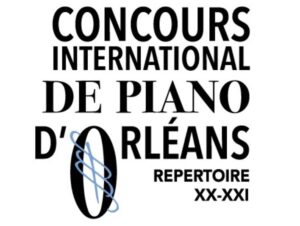International piano competition of Orléans for youth ‘Brin d’herbe’
All competitions
The International piano competition of Orléans for youth “Brin d’herbe” encourages young pianists to explore contemporary and modern music from an early age. The Competition “Brin d’herbe” is organised every two years, alternating with the International piano competition of Orléans. Created in 2004, the contest, unique event in the field of music creation, welcomes young candidates and gathers a jury formed of personalities from all around the world, fully qualified in teaching the contemporary repertoire.
Promoting and disseminating the contemporary repertoire to these young people and to the audience is an objective that adds to the idea of building a new pedagogy around this repertoire. The work commissioned to a composer, every two year, demonstrates our strong desire to build a pedagogical repertoire for the contemporary piano, while following the pioneer idea of the “Games” Játékok, developed by the major Hungarian composer György Kurtág.
The 11th edition of the International competition of Orléans for youth “Brin d’herbe” will take place at the “Salle de l’Institut”, in April 2025.
Orleans Concours International also organizes the ‘International piano competition of Orléans ’ (for adult pianists). The 16th edition will take place in Oct. 26 – Nov. 2, 2024.


